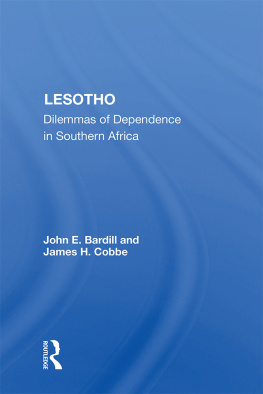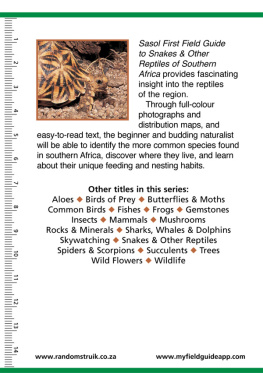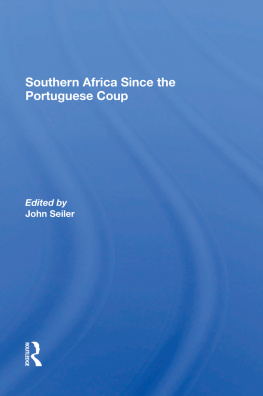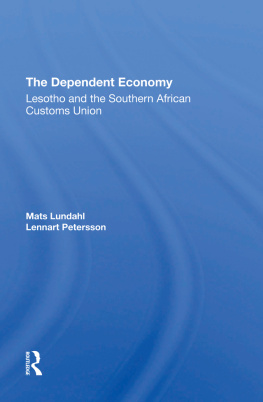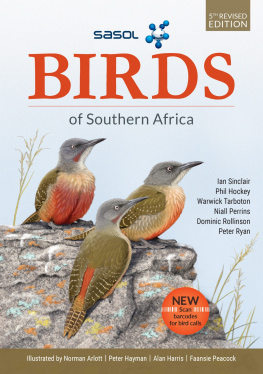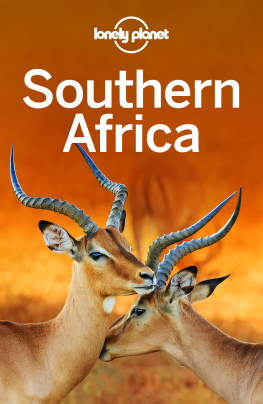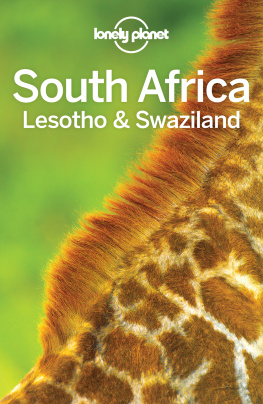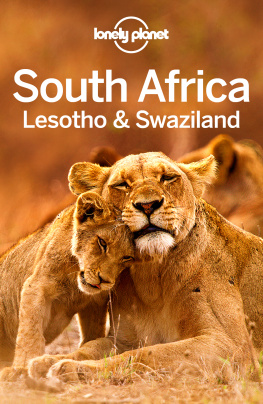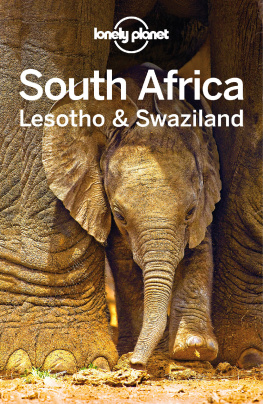LESOTHO
Profiles Nations of Contemporary Africa
Larry W. Bowman, Series Editor
Lesotho: Dilemmas of Dependence in Southern Africa, John E. Bardill and James H. Cobbe
Botswana: Liberal Democracy and the Labor Reserve in Southern Africa, Jack Parson
Ethiopia: Transition and Development in the Horn of Africa, Mullatu Wubneh and Yoharinis Abate
Kenya: The Quest for Prosperity, Norman N. Miller
Mozambique: From Colonialism to Revolution, 1900-1982, Allen Isaacman and Barbara Isaacman
Senegal: An African Nation Between Islam and the West, Sheldon Gellar
Tanzania: An African Experiment, Rodger Yeager
The Seychelles: Unquiet Islands, Marcus Franda
Swaziland: Tradition and Change in a Southern African Kingdom, Alan Booth
The Comoro Islands: Struggle Against Dependency in the Indian Ocean, Malyn Newitt
Ghana: Coping with Uncertainty, Deborah Pellow and Naomi Chazan
Somalia: Nation in Search of a State, David D. Laitin and Said S. Samatar
Cameroon, Mark W. Delancey
Ivory Coast, Barbara C. Lewis
Zambia, Marcia Burdette
Nigeria, Timothy M. Shaw
Central African Republic, Thomas E, O'Toole
Available in hardcover and paperback.
About the Book and Authors
Wholly surrounded by the Republic of South Africa, the ethnically homogenous state of Lesotho was created in the 1830s by the genius of Moshoeshoe I in the aftermath of the lifaqane and owes its independence today to its rugged terrain, the tenacity of its people, and Moshoeshoe's diplomatic skill.
In this introduction, authors Bardill and Cobbe outline the features that make Lesotho unique, tracing its history and discussing the peculiar structure of Lesotho's labor reserve economy and the effects it has on development, politics, society, and culture. They examine Lesotho's fascinating mixture of social and cultural unity and diversity, its problems with rapid social change, the autocratic nature of the government, and sources of political cleavage and constraints on political change. They conclude that despite strong support from the international community since independence, the country has unfortunately been able to do little to promote development, reduce dependence on South Africa, or quell internal dissent. In closing, the authors look at Lesotho's complex international relationsstill dominated by South Africa but diversifying in sometimes unexpected waysand survey the country's prospects for the future.
John E. Bardill has taught at the National University of Lesotho and the University of Manchester. James H. Cobbe , currently associate professor of economics and associate dean of the College of Social Sciences at Florida State University, was a research fellow at the Institute of Southern African Studies, National University of Lesotho, in 1981/1982 and has also taught at the London School of Economics and Yale University.
Lesotho
Dilemmas of Dependence in Southern Africa
John E. Bardill
and
James H. Cobbe
First published 1985 by Westview Press, Inc.
Published 2018 by Routledge
52 Vanderbilt Avenue, New York, NY 10017
2 Park Square, Milton Park, Abingdon, Oxon OX14 4RN
Routledge is an imprint of the Taylor & Francis Group, an informa business
Copyright 1985 Taylor & Francis
All rights reserved. No part of this book may be reprinted or reproduced or utilised in any form or by any electronic, mechanical, or other means, now known or hereafter invented, including photocopying and recording, or in any information storage or retrieval system, without permission in writing from the publishers.
Notice:
Product or corporate names may be trademarks or registered trademarks, and are used only for identification and explanation without intent to infringe.
ISBN 13: 978-0-367-01959-4 (hbk)
- Tables
- Photos
- Maps
- Southern Africa
Lesotho is a beautiful country, but a desperately poor one that has been cursed by geography and history with few resources and many problems. In the chapters that follow, we attempt to give the reader a feeling for the history, economy, social and cultural structure, politics, and international relations of the kingdom. Many of the topics we deal with are open to a variety of interpretations, and some have been the subject of heated debates in the academic literature, reflecting the widely different paradigms of contemporary social science. There are also many issues that, by the nature of things, simply cannot be positively decided one way or the other. To give a simple but illustrative example, there is continuing dispute over whether the country's relatively treeless state is a natural condition or the result of recent deforestation.
Given the introductory nature of this work and the limited space available, we have avoided detailed involvement in academic debates. Instead we have tried to provide a coherent narrative, reflecting our own interpretation of reality and eventsan interpretation that owes much to mainstream Anglophone social science, but also much to the Marxist tradition. The resulting eclecticism may well offend purists of all persuasions, but it is unavoidable in a work of this kind, especially when the two authors do not agree on everything. We have tried to note where others have interpreted matters significantly differently from the way we have, but the book is not a survey of points of view on Lesotho. It is our point of view, and if we spur the interests of others sufficiently to generate alternatives, so much the better.
This book has taken us far longer to produce than we originally expected. In the process of writing and revising it, we have accumulated debts to many people, unfortunately far too numerous to mention. Important categories include our colleagues, students, and friends in Lesotho; library and secretarial staff in Roma, Lesotho, Tallahassee, Florida, and elsewhere; and of course our long-suffering spouses and children. However, a few individuals have helped us so much beyond the calls of either duty or friendship that their efforts should be acknowledged explicitly. These include Colin Murray, who read the whole manuscript in draft, saved us from serious errors, and gave valuable comments; Larry Bowman, series editor, who also made extremely helpful comments on the draft; David Ambrose, who commented on drafts and with his staff in the Documentation Centre of the Institute of Southern African Studies at the National University of Lesotho (NUL), helped us in many other ways; Lucas Smits, for comments; Robert Kukubo, archivist of the NUL Library; Linda Kight and Martha Crow for speeding countless versions of the manuscript through the word processor; and the editorial staff of Westview Press, who were always cheerful and efficient, even when being told another deadline was being missed. None of the above are responsible for the shortcomings of this book, but they share credit for any virtues it possesses.
John E. Bardill
James H. Cobbe
Southern Africa.
LESOTHO
The modern Kingdom of Lesotho inherited its boundaries from the British colony of Basutoland. It has a land area of 11,716 square miles (30,350 sq km), slightly larger than the state of Maryland. It is completely surrounded by the Republic of South Africa, filling in the area between the Cape Province, Orange Free State, and Natal in east-central South Africa, Much of the country is mountainous, with elevations above sea level ranging from 5,000 to over 11,000 feet (1,500 to over 3,300 m). No country in the world has a higher lowest point.


